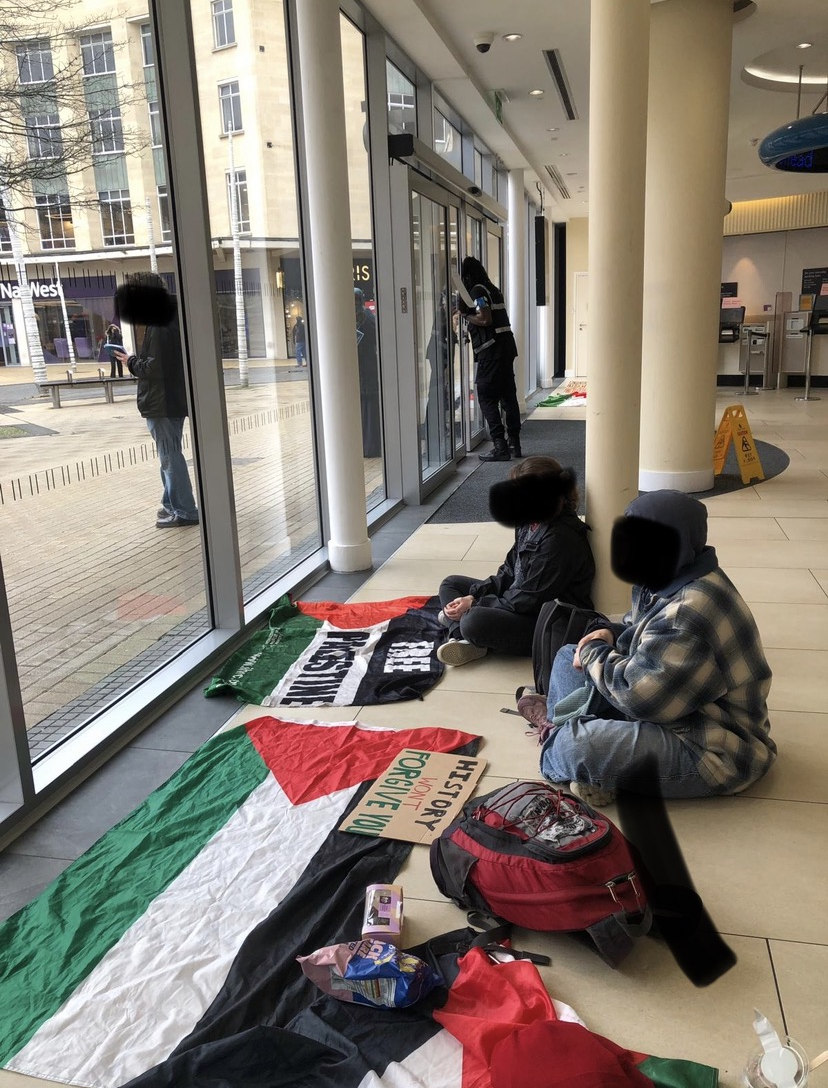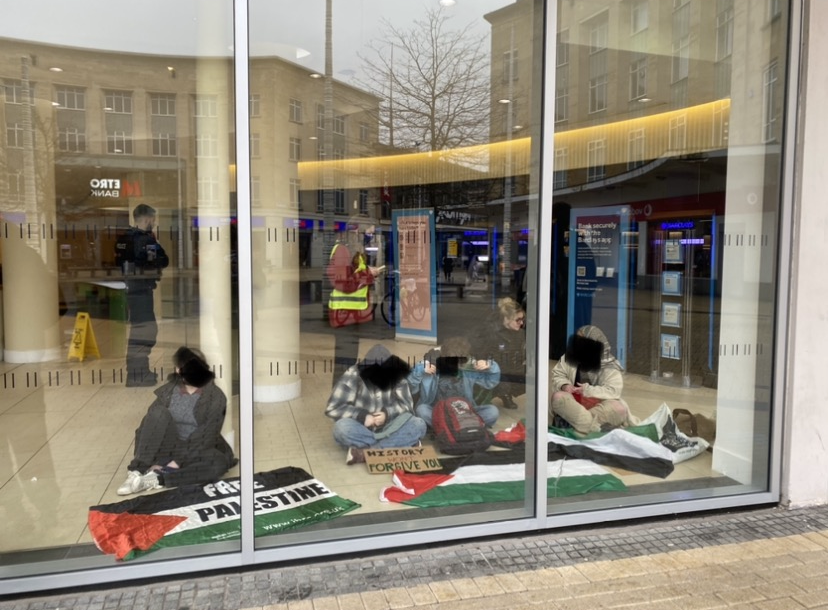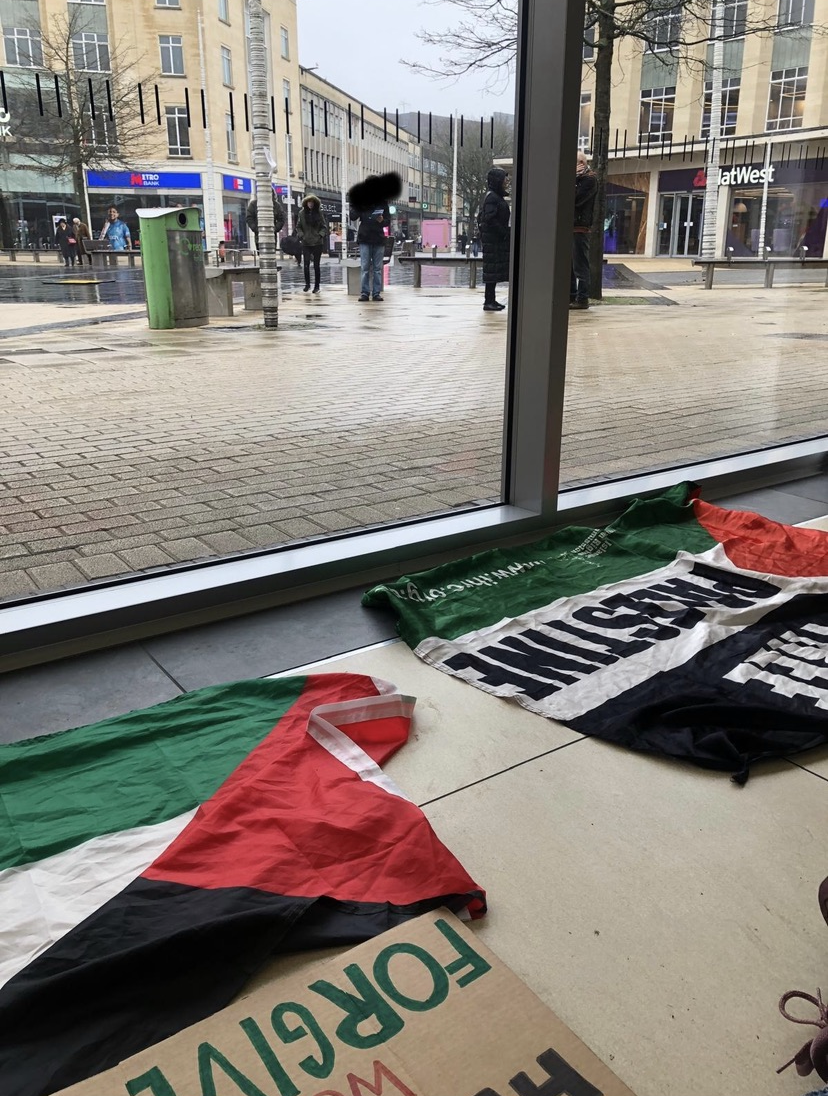Americans for Democracy & Human Rights in Bahrain (ADHRB) participated in the 58th session of the United Nations Human Rights Council (HRC), held from 24 February to 4 April 2025.
During this session, ADHRB delivered 13 oral interventions across four items, highlighting various human rights violations in Bahrain, Saudi Arabia, and the UAE.
ADHRB delivered 11 interventions on Bahrain’s human rights situation under items 2, 3, 4, and 5. Under item 3, a 12th intervention highlighted Saudi Arabia’s religious persecution of Shia. Under item 5, a 13th intervention addressed the UAE’s crackdown on human rights defenders, highlighting the case of detained activist Ahmed Mansoor. Additionally, ADHRB delivered an intervention at the Annual Debate on the Rights of Disabled People and another intervention at the Annual Discussion on Children’s Rights.
Item 2
Under Item 2, ADHRB delivered an intervention during the General Debate on 4 March 2025, highlighting Bahrain’s ongoing retaliatory measures against political prisoners in Jau Prison. Prisoners face beatings, 24-hour handcuffing, isolation, medical neglect, and denial of basic rights. The intervention noted the severe health deterioration of prisoners like Rajaie Ali Baddaw, who is denied medical care despite serious heart and respiratory issues. ADHRB urged the international community to take immediate action to pressure Bahrain to end these abuses and uphold international human rights standards.
Item 3
Under Item 3, ADHRB delivered four interventions on 4, 17, and 21 March 2025, during the General Debate and Interactive Dialogues (ID) with the Special Rapporteurs on minority issues and on torture and other cruel, inhuman, or degrading treatment or punishment.
In an intervention delivered on 3 March during the ID with the Special Rapporteur on torture and other cruel, inhuman or degrading treatment or punishment, ADHRB drew the council’s attention to ongoing torture in Bahrain’s prisons, where political prisoners, particularly minors, face beatings, humiliation, prolonged isolation, and medical neglect. The intervention exposed Bahraini authorities’ systematic use of torture to extract confessions and silence dissent, in blatant violation of international law. It also cited cases like Abbas Muslem Juma, arbitrarily arrested and beaten during interrogation, and Mohammed Isa Khatam, punished with isolation and communication deprivation simply for speaking loudly.
In an intervention delivered during the General Debate under Item 3 on 17 March 2025, ADHRB highlighted the continued detention of senior Bahraini opposition leaders and human rights defenders since 2011, despite repeated UN calls for their immediate release and urgent medical care. The intervention highlighted the ongoing suffering of 77-year-old opposition leader Hasan Mushaima, who suffers from chronic illnesses and faces life-threatening medical neglect. It also addressed the case of AbdulHadi AlKhawaja, subjected to serious violations, including prolonged solitary confinement and medical neglect, resulting in health deterioration.
On 17 March 2025, during the General Debate under Item 3, ADHRB delivered an intervention exposing Bahrain’s continued detention of political prisoners convicted on terrorism charges based on confessions extracted under torture. The intervention highlighted ongoing violations against prisoners like AbdulHadi AlKhawaja, who continue to face serious violations, including prolonged isolation and medical neglect, endangering their lives. It also raised the case of Ebrahim Yusuf AlSamahiji, sentenced to life imprisonment in an unfair trial relying on coerced confessions extracted under torture.
On 21 March 2025, during the ID under Item 3 with the Special Rapporteur on minority issues, ADHRB delivered an intervention highlighting Saudi Arabia’s systematic discrimination against Shia Muslims. The intervention highlighted the prohibition on building mosques, restrictions on religious freedom, and the promotion of hate speech in school curricula. It also exposed the continued marginalization of Shias, their exclusion from senior positions despite promises of reform, and the widespread repression of Shia activists, who face arbitrary arrests and unfair sentences, including the death penalty, for participating in peaceful protests.
Item 4
During the Item 4 General Debate on 20 and 21 March 2025, ADHRB delivered three interventions.
On 20 March 2025, ADHRB delivered an intervention under Item 4, highlighting Bahrain’s ongoing retaliation against human rights defenders, citing the case of released defender Naji Fateel and the re-arrest of activist Ali AlHajee. The intervention highlighted the ongoing arbitrary restrictions imposed on Naji Fateel after his release, hindering his reintergration into society, and emphasized that Ali AlHajee’s re-arrest for his human rights activism reflects Bahrain’s continued use of laws to silence and punish peaceful dissent.
On March 20, under Item 4, ADHRB and partner organizations delivered an intervention highlighting the escalating degrading treatment of political prisoners in Jau Prison in violation of the Nelson Mandela Rules. The intervention highlighted worsening medical neglect, with prisoners denied necessary healthcare despite suffering from serious illnesses. It also stressed that these arbitrary practices are intended to suppress demands for improved prison conditions, in blatant violation of international human rights standards.
In its intervention under Item 4 on 21 March 2025, ADHRB urged Bahrain to end the systematic religious repression of Shia political prisoners, guarantee their right to worship, and cease all forms of collective punishment based on their beliefs. The intervention highlighted that prisoners seeking to exercise their religious rights face increasing reprisals, including threats of solitary confinement and arbitrary transfer to harsher conditions. It also noted that authorities are imposing arbitrary restrictions on religious books and copies of the Quran, attempting to deprive Shia prisoners of any means to express their beliefs.
Item 5
On 21 March 2025, ADHRB delivered an intervention during the 58th session of the UN Human Rights Council under Item 5, expressing deep concern over Bahrain’s targeting of human rights defenders. The intervention highlighted the imprisonment of defenders for extended periods and the retaliation against those released, such as activist Ali AlHajee. ADHRB emphasized that Bahrain’s continued targeting of human rights defenders marks a dangerous escalation of repressive measures aimed at silencing dissenting voices and intimidating activists. It also noted that these practices violate Bahrain’s international obligations and call for urgent international intervention to protect human rights and halt all forms of reprisals against activists.
On 21 March, under Item 5, ADHRB delivered an intervention drawing the council’s attention to the continued detention and ill-treatment of prominent elderly human rights defenders in Bahrain, imprisoned since 2011 for their activism and engagement with UN mechanisms. The intervention cited cases like Dr. AbdulJalil AlSingace, who suffers from chronic illnesses and is denied medical care, and AbdulHadi AlKhawaja, whose health is deteriorating due to medical neglect. ADHRB stressed that the continued detention and mistreatment of prominent elderly human rights defenders, including Dr. AbdulJalil AlSingace, AbdulHadi AlKhawaja, Hasan Mushaima, and AbdulWahab Husain Ismaeel, reflects Bahrain’s blatant disregard for international human rights standards. It urged the council to take immediate action to pressure Bahrain to provide necessary medical care and secure their immediate release.
On March 21, under Item 5, ADHRB and partner organizations delivered an intervention calling for the immediate and unconditional release of Emirati human rights defender Ahmed Mansoor. The intervention highlighted that Mansoor has been held in harsh conditions since his arrest in 2017, where he was subjected to an unfair trial on fabricated charges linked to his peaceful activism and engagement with UN mechanisms. It also noted his physical torture, denial of healthcare, and denial of contact with his family, all constituting blatant human rights violations.
Annual debates
During the annual debates, ADHRB delivered two interventions at the 58th session of the Human Rights Council: one during the Annual Debate on the Rights of Persons with Disabilities and another during the Annual Discussion on the Rights of the Child.
On 10 March 2025, during the Annual Debate on the Rights of Persons with Disabilities, ADHRB condemned Bahrain’s medical neglect of political prisoners with disabilities, highlighting the case of Dr. AbdulJalil AlSingace. The intervention expressed grave concern over Bahrain’s continued denial of healthcare and reasonable accommodations to political prisoners, particularly those with physical disabilities. It highlighted the case of Dr. AbdulJalil AlSingace, an activist suffering from post-polio syndrome who has been in detention for 14 years. Despite suffering from severe joint pain and a lack of adequate medical care, Bahraini authorities refuse to provide him with the necessary care, including appropriate crutches and medical slippers.
On 13 March 2025, during the Annual Discussion on the Rights of the Child, ADHRB expressed deep concern over Bahrain’s blatant violations against minors in detention centers, which contravene the Convention on the Rights of the Child. The intervention highlighted the arbitrary arrest of minors on political charges without warrants, their prolonged pretrial detention, and enforced disappearance. It also exposed their torture and denial of education, jeopardizing their futures.
Through its participation in HRC58, ADHRB raised international awareness of ongoing human rights violations in Bahrain and the region. Its interventions shed light on critical issues, including political repression, torture, religious discrimination, and the dire conditions of political prisoners and detained children. These interventions serve as an urgent call for the international community to take concrete action to uphold human rights, pressure the concerned governments, and strengthen accountability to achieve justice for victims.
The post An Overview of ADHRB’s Participation in the 58th Session of the Human Rights Council appeared first on Americans for Democracy & Human Rights in Bahrain.
This post was originally published on Americans for Democracy & Human Rights in Bahrain.



